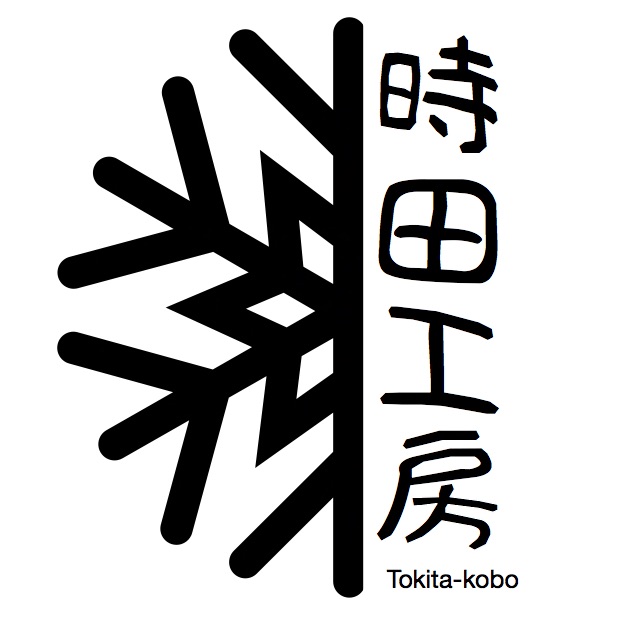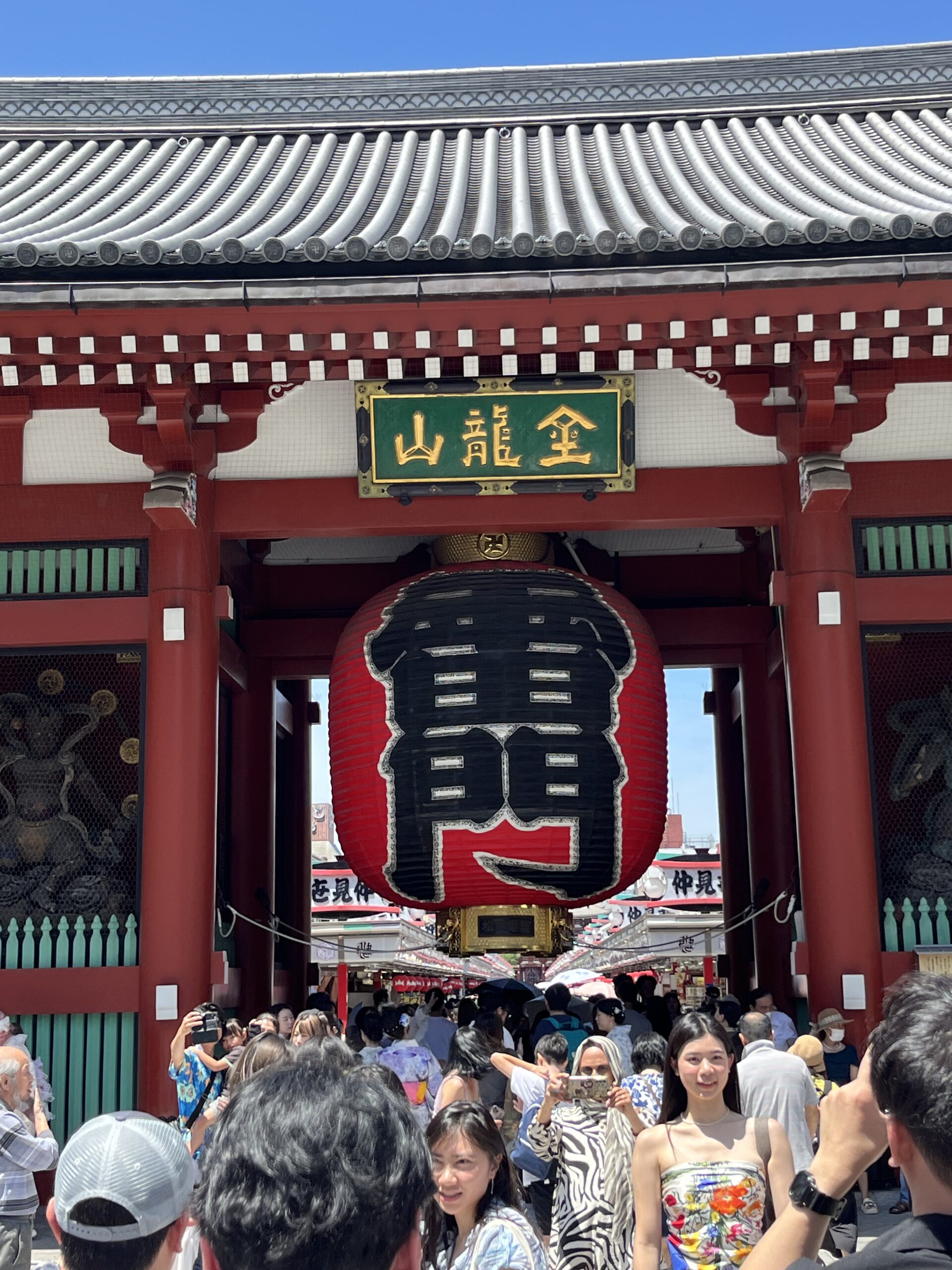If you’re a lover of traditional Japanese fashion or sustainable vintage style, Asakusa (浅草) is worth to find them besides sightseeing—it’s a haven for secondhand kimono shopping. Known for its old-town charm, iconic Senso-ji Temple, and rows of nostalgic shops, Asakusa is also one of Tokyo’s hidden gems for finding affordable, beautiful pre-loved kimono and accessories.
At Tokita Kobo, our passion for upcycled kimono began with streets like these—where the past lives on through fabric, color, and craftsmanship.
Why Asakusa?
Asakusa is one of the few areas in Tokyo where Edo-period atmosphere still lingers. Beyond its tourist draws, you’ll find small, independently run shops that specialize in vintage kimono, obi belts, haori jackets, and fabric remnants—many tucked into side alleys or inside traditional buildings. For us, it’s like walking into a time capsule.
What to Expect: The Secondhand Kimono Scene
Buying secondhand kimono in Japan is not only budget-friendly but also sustainable. These garments, once made with incredible detail and skill, often get passed down through generations or resold when they are no longer worn.
In Asakusa, you’ll find:
- Secondhand komon(Casual Kimono), Furisode(Long-sleeved Kimono) and other kinds of kimono like Yukata
- Obi belts and sashes
- Haori (Jackets for Kimono)
- Other Kimono accessories
Prices range from a few hundred yen (around $5–10 CAD) for remnant pieces to several thousand yen for full kimono in excellent condition. Some are wearable, others are better suited for upcycling—and both are full of story and character.
Where to Shop for Secondhand Kimono in Asakusa
Here are a few well-known and hidden spots:
1. Tansuya(たんすや)

This store is part of a franchise, with other locations including one at Haneda Airport. The Asakusa branch opened in March 2003 on Kannon Street as the first Tansuya store in the Asakusa area. They offer a wide selection ranging from secondhand kimono to beautifully remade pieces such as haori jackets and furisode (long-sleeved kimono).
2. Fuku Fuku(福服)

This store is located on the 3rd floor of a building near the intersection of Shin-Nakamise Street and Kannon Street, marked by a sign for Yakiniku Okamoto. The entrance can be a bit hard to find, but there’s a kimono display outside that makes it easier to spot.

What We Look at Tokita Kobo
As we’ve mentioned before, many kimono are sadly discarded due to being considered outdated or for other reasons. During our visit, we spoke with shop managers about the current state of kimono culture.
According to them, international visitors especially love haori jackets because they are easy to wear and offer a casual, stylish look. Among local Japanese people, kimono fashion is slowly making a comeback—not necessarily worn in the traditional sense, but often blended into modern outfits. This shift is encouraging, though interest in traditional kimono culture is still declining overall.
On a positive note, some kimono shops are working on projects to preserve kimono within families. For example, furisode, traditionally worn by single women, are often passed down from mother to daughter. In this way, kimono continue to live on across generations.
Want to Explore More?
Asakusa is one of the top sightseeing destinations for international visitors. It’s a great area to explore on foot, and if you venture a little farther, you’ll discover nearby neighborhoods known for their specialty shops:
Nippori Fabric Town: Perfect for finding wagara (Japanese pattern) fabrics and textiles.

Bakurocho-Nihonbashi: Known for selling new kimono and traditional clothing.

Kappabashi: A famous street for kitchenware and realistic food samples for display.
Asakusabashi: A great place to find craft supplies, beads, and accessory parts.
Town views are so beautiful!



📩 Subscribe to our newsletter for stories, product drops, and local event news in Toronto.
📸 Follow us on Instagram @tokitakobo for behind-the-scenes looks, kimono tips, and cultural features.

